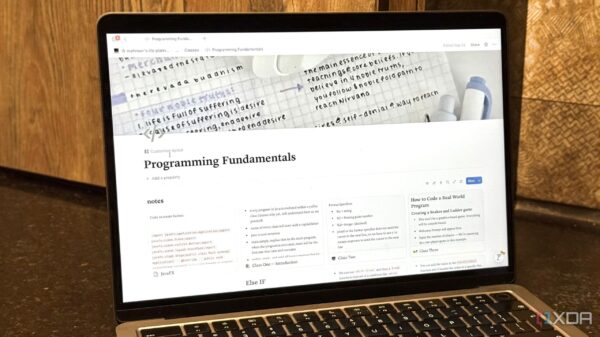Justice Amy Coney Barrett has recently released her book, Listening to the Law, which presents a thought-provoking approach to the role of judges in American democracy. Rather than advocating for a specific interpretation of the law, Barrett emphasizes the importance of listening to the law itself—a principle that she believes should guide judicial actions.
In her work, Barrett articulates a philosophy that prioritizes understanding the law as it has been articulated by elected officials. She argues that judges should not impose their interpretations but should instead pay close attention to the text of laws and the Constitution, which has been shaped over the past 250 years. This perspective reflects a profound respect for the judicial institution, acknowledging its historical context and her place within it.
Barrett’s career trajectory diverges from the typical narrative of ambition often associated with public service. While many politicians and even judges may aspire to higher office, Barrett’s nomination to the Supreme Court came with significant personal sacrifices. She did not actively seek the position; instead, she accepted it out of a deep respect for the institution and a commitment to serving her country. This sense of duty was evident when she described the difficulty of leaving her academic career, which allowed her to balance family life with professional responsibilities.
The book offers insights into Barrett’s experiences, including the challenges of transitioning to the Supreme Court. She candidly discusses the loss of privacy, the need for increased security, and the disruption of family life that came with her new role. Despite these challenges, she describes her position as an honor, reflecting her commitment to the Constitution and the American legal system.
Barrett’s work also serves as a resource for those seeking to understand the inner workings of the Supreme Court. She addresses common questions from the public about the Court’s operations and offers practical insights into the judicial process. For instance, she openly admits that she cannot read every amicus brief filed in cases, a candid acknowledgment that sheds light on the realities of legal practice.
In discussing her judicial philosophy, Barrett defends originalism as a principled method of interpretation. This approach aligns her with the late Justice Antonin Scalia, her mentor, who championed similar views throughout his career. Barrett emphasizes that good judges must accept the outcomes of their decisions, even when they may not align with personal beliefs.
By advocating for judges as servants of the law, Barrett reiterates the importance of listening over speaking in judicial roles. This philosophy not only challenges traditional views of judicial authority but also underscores the potential impact of a thoughtful, respectful approach to law. As Barrett continues to influence American jurisprudence, Listening to the Law provides a valuable glimpse into her judicial mindset and the principles that guide her decisions.








































































